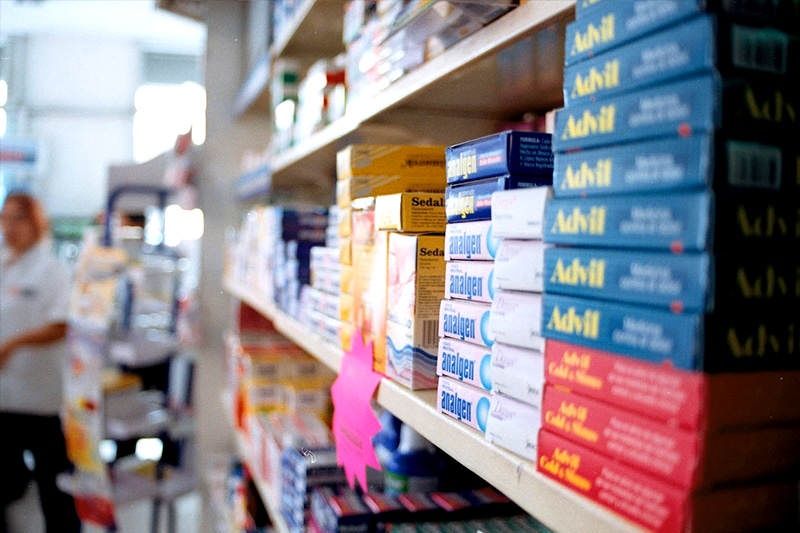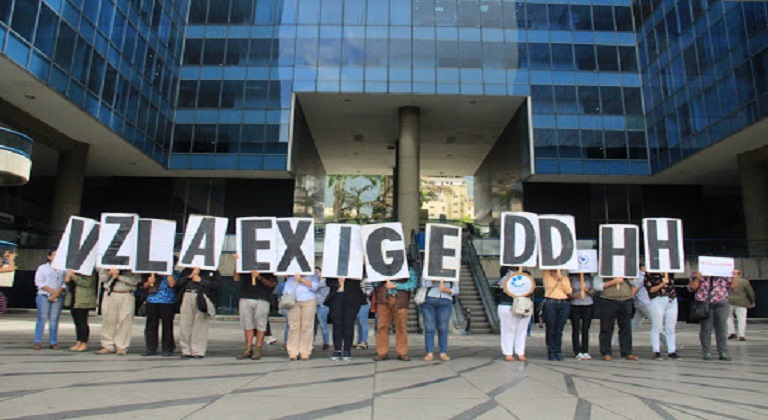Inequality and Impunity: Venezuela’s Pandemic
On May 9, Venezuelan NGO Provea presented the 34th edition of its Annual Report on the Situation of Human Rights in Venezuela for the period January-December 2022. The report registers the main advances, setbacks, obstacles and threats to the realization of 14 human rights in the country
Post-pandemic Venezuela: poorer and more unequal
Inequality and exclusion are two conditions that have aggravated the situation of poverty in Venezuela. In the January 2020 country report by the World Food Program (WFP), the UN agency reported that although some economic improvement had helped curb hyperinflation, food security in Venezuela remained a matter of concern. More than five million people required humanitarian assistance, while the country imported more than 70% of the processed food it consumed, making it vulnerable to fluctuations in international prices. As a consequence, the report indicates that food prices had increased by 30% by August 2020. At the time, Venezuela ranked third in the world in terms of food price inflation.
In the last eight years, Venezuela has suffered a drop of 80% in its Gross Domestic Product (GDP), one of the largest contractions recorded in recent decades worldwide, which has caused severe damage to the country’s productive capacity.
In addition, according to the National Survey on Living Conditions (ENCOVI 2022), “Venezuela is the most unequal country in the Americas”, with a GINI coefficient of 56.7, an indicator that measures inequality based on the distribution of wealth in each country.
The widespread collapse of public services and high prices have created the conditions for the exponential and general increase in poverty in Venezuela.
In ten years at the helm of the country, Nicolás Maduro extinguished the rule of law, thus pulverizing social conquests and eclipsing civil and political rights under the shadow of authoritarianism.
Main findings
In terms of economic, social and cultural rights, the Annual Report highlights that the Maduro administration carried on in 2022 with its deliberate policy of precarization of the income of workers, pensioners and retirees by turning its back on the obligation to guarantee wages and pensions adjusted to the cost of the food basket, as provided for in article 91 of the National Constitution.
The imposition of the so-called ONAPRE Instructions put an end to the scales of the salary tabulator guaranteed in the collective contracts of the public sector, which fueled social conflict in the country throughout the year, mainly through demonstrations by public workers, retirees and pensioners.
In response to the wave of protests, the Maduro administration resorted to persecution and harassment against union leaders. Six workers remain detained for demanding their rights and at least 344 were victims of acts of threatening and harassment by security agents and senior officials of State-owned companies and public institutions. During the ten years of Nicolás Maduro’s tenure, 87 union leaders have been arrested and prosecuted for exercising their rights, and 3,512 workers have been victims of threats and harassment.
One aspect that illustrates the severe setback in terms of social rights is the definitive implosion of the public housing program (GMVV for its acronym in Spanish). Between January and December 2022, Provea’s independent monitoring found that the Venezuelan government had delivered a total of 3,122 new homes, a figure that is in stark contrast to the 500,000 homes announced by the government in the framework of the GMVV program.
According to the organization’s records, in ten years, Maduro built and delivered just 130,856 homes through the former flagship social program of the Bolivarian project, while government officials insist on saying that they have built and delivered 3,096,257 houses.
Regarding the right to health, 2022 marked a decade of the accelerated institutional, financial and operational decline of the public health system and its severe impact on the quality of life of people amid the Complex Humanitarian Emergency. As a result of the collapse, 2022 saw a 34.7% increase in the number of complaints over violations of the right to health. Between 2013 and 2022, the number of complaints amounted to 305,397.
A well-coordinated structure for social control, exclusion and repression of dissent persists
2022 saw the continuation of the State practice – which has been configured as systematic – of discrimination and exclusion on political grounds. The National Assembly –elected in 2020 and with a majority of the ruling party- continued to pass legislation and endorse the actions of the Executive branch in contravention of the National Constitution.
The Assembly is currently discussing the legal architecture that would give support to the so-called communal State, a political-territorial structure that differs from the provisions on the matter outlined in Article 16 of the Constitution.
Along with the construction of the Communal State, the National Assembly has considered other regressive legal regulations in the field of human rights.
In May 2022 it became known that the draft Law on International Cooperation had once again been included on the parliamentary agenda. In January 2023, another initiative equally harmful to the right to freedom of association and assembly was approved in the first discussion: the draft Law on Inspection, Regularization, Action and Financing of Non-Governmental Organizations and Related Entities.
As in previous years, a large number of unlawful deprivations of the right to life by Venezuelan police and military officials were registered in 2022.
These actions, encouraged by the institutions and structural impunity, may constitute the crime against humanity of murder and have thus motivated an investigation by the Prosecutor of the International Criminal Court (ICC).
In 2022, 824 alleged violations of the right to life in different circumstances were registered. Although this means a decrease from 2021 figures, the number reflects the continuation of a State policy that generates massive and systematic violations of the right to life.
During the 10 years of Maduro’s administration, 9,465 people have been killed by police and the military.
Finally, there was a 68.6% increase in the number of violations of personal integrity with a total of 2,203 victims, most of them individuals deprived of their liberty who were subjected to cruel, inhuman and degrading treatment and/or punishment.
Download the Annual Report in Spanish HERE
Translated by José Rafael Medina




